
A genetic disorder is the one that can be easily passed from parents onto their child through gene defects. Genetic conditions can be autosomal dominant or recessive as well as X-linked and develop if the gene defect is inherited from one or both parents. Such disorders basically run in some families and it may past many years until a family member eventually develop the disease.
As far as eye conditions are concerned, people may develop some inherited eye disorders or suffer from acquired ones. If the condition the one is suffering from is thought to be a genetic in origin, the person undergoes a thorough ophthalmologic examination as well as genetic testing, both of which will eventually establish the diagnosis of the condition and say whether it is genetic or acquired.
Genetic Eye Disorders - The Way of Transmission
These disorders can be easily classified according to the type of genetic abnormality. Such abnormality usually affects one gene only. As mentioned before, subdivision of genetic abnormalities includes autosomal dominant and autosomal recessive abnormalities. There are also X-linked abnormalities (those connected with the sex chromosome).
Autosomal dominant disorders develop when a person inherits one abnormal gene while autosomal recessive disorders occur only when two abnormal genes are inherited. In case of autosomal recessive disorders if only one gene is inherited, an individual becomes a carrier, the one who does not develop the condition, but instead may transmit it to his/her heirs. X-linked disorders only affect males while females are generally carriers unless both X chromosomes contain specific gene defects.Genetic Eye Disorders Types and Prevention
There are many hereditary eye disorders, some of which are only limited to the eyes while others also affect different organs and organ systems in the body. For instance, a person may inherit cataract, retinitis pigmentosa (one of several heritable retinal degenerations), glaucoma, strabismus (crossed eyes) etc.
Couples who have a child with a genetic eye disorder, as well as any other genetic disorder are due to undergo genetic counseling. They are assessed for risk of having another child with the same disease. It is essential to memorize that parents can be perfectly healthy and still have a child with some eye or other genetic condition. These parents are only carriers of defect genes which may or may not be inherited.
Finally, it is important to realize that some genetic eye disorders can be successfully treated and brought under control causing no significant or permanent complications. Defect genes, however, cannot be repaired until science manages to find out how to replace such impaired genes with new, healthy ones.



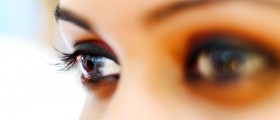
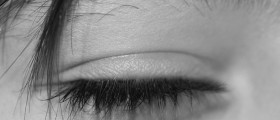



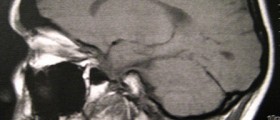
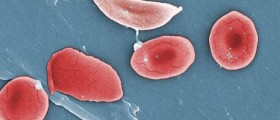



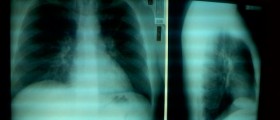



Your thoughts on this
Loading...